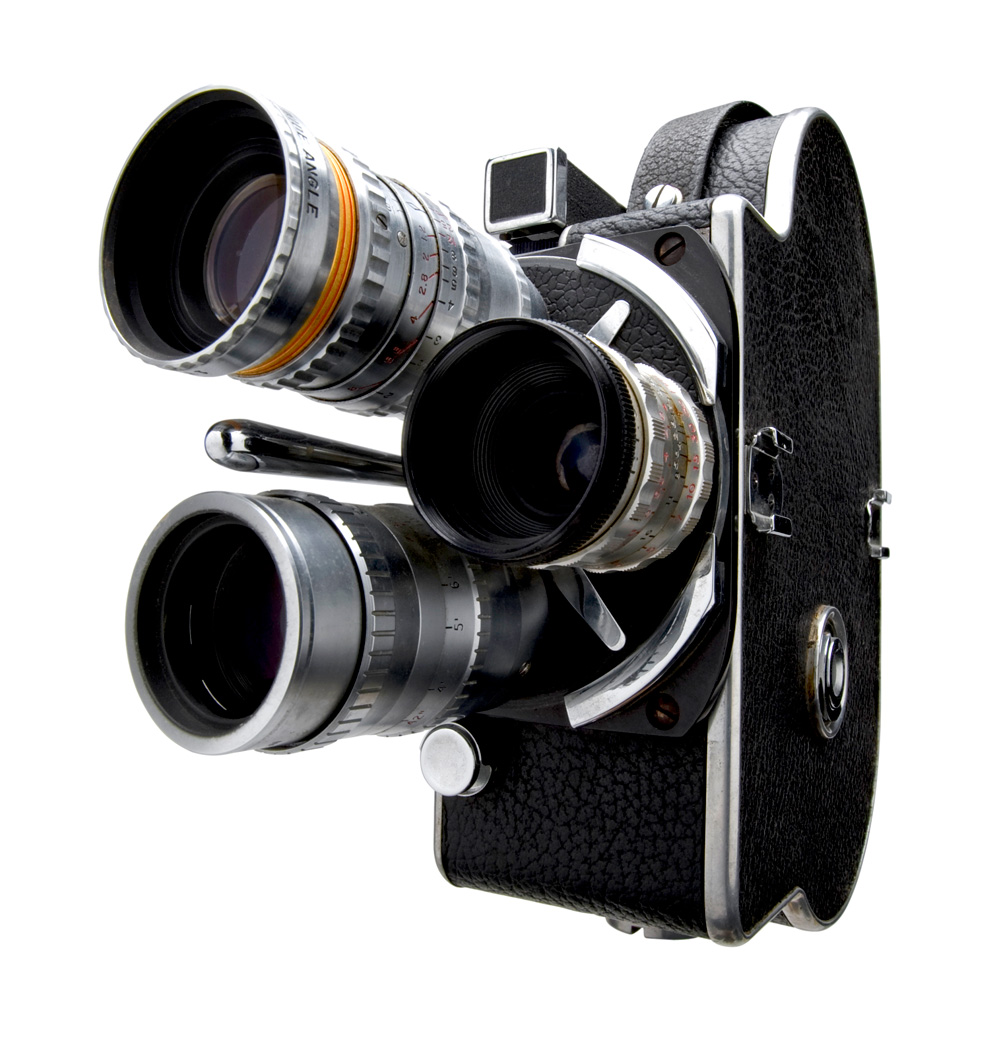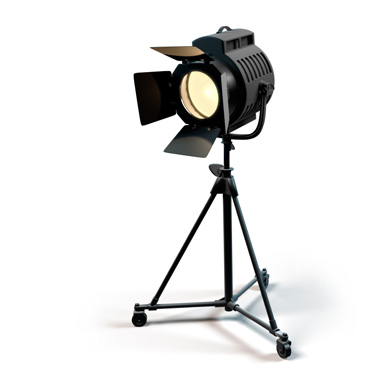
AI use in film production – first collective agreement

Specialised Lawyer for Copyright and Media Law View profile
Digital replicas and AI-generated modifications of actresses will be legally easier to implement. After tough negotiations, the actors’ union BFFS, ver.di and the production alliance agreed on the first collective agreement on the use of generative artificial intelligence in film productions.
Guiding principle: consent requirement
The negotiations were dominated by the concerns of actresses that they would be replaced, either completely or partially, by artificial intelligence. Accordingly, the new regulation stipulates that the use of digital modifications and digital replicas (“digital doppelgangers”) may generally only be made with the consent of the actress concerned.
AI use in film productions also possible without consent
However, the usual adjustments in post-production are possible without the consent of the actresses. No consent is required for AI changes in the context of dubbing or synchronization into another language. Other changes to the performance, such as appearance and voice, are possible if these follow the meaning or role of the script.
The use of complete digital doppelgangers without separate consent can be considered if, for example, the actress is unable to perform due to illness and the use of the digital replica does not significantly exceed the scope of the contractually agreed real participation of the actress.
Restrictions on subsequent use
The new regulation imposes strict requirements on the use of digital replicas in the event of further use in other productions (e.g. sequels). This requires a separate written agreement that clearly sets out the intended further use of the digital replica and specifies a separate remuneration. The actress’s involvement in person in the subsequent production is also regularly required.
Remuneration for AI use
Additional remuneration for the use of digital doppelgangers and digital partial embodiments is regularly necessary. The remuneration is based on the number of “notional days of shooting” that would have been required for a real production (without the use of AI). Digital modifications, on the other hand, are not subject to remuneration.
Conclusion
The first collective agreement on the use of AI creates more legal clarity when using generative artificial intelligence in film productions. This makes it easier for film producers to keep pace with rapid technical developments and to maintain their competitiveness in the international comparison. Actresses benefit from the remuneration rules and are protected by the strict requirements when digital replicas are used in subsequent productions.
The new regulation will come into force on March 1, 2025 and will apply exclusively to acting performances. Other professions for which the use of AI is also conceivable are not covered by the collective agreement. The last word has probably not been said on this matter with the collective agreement that has now been achieved.


